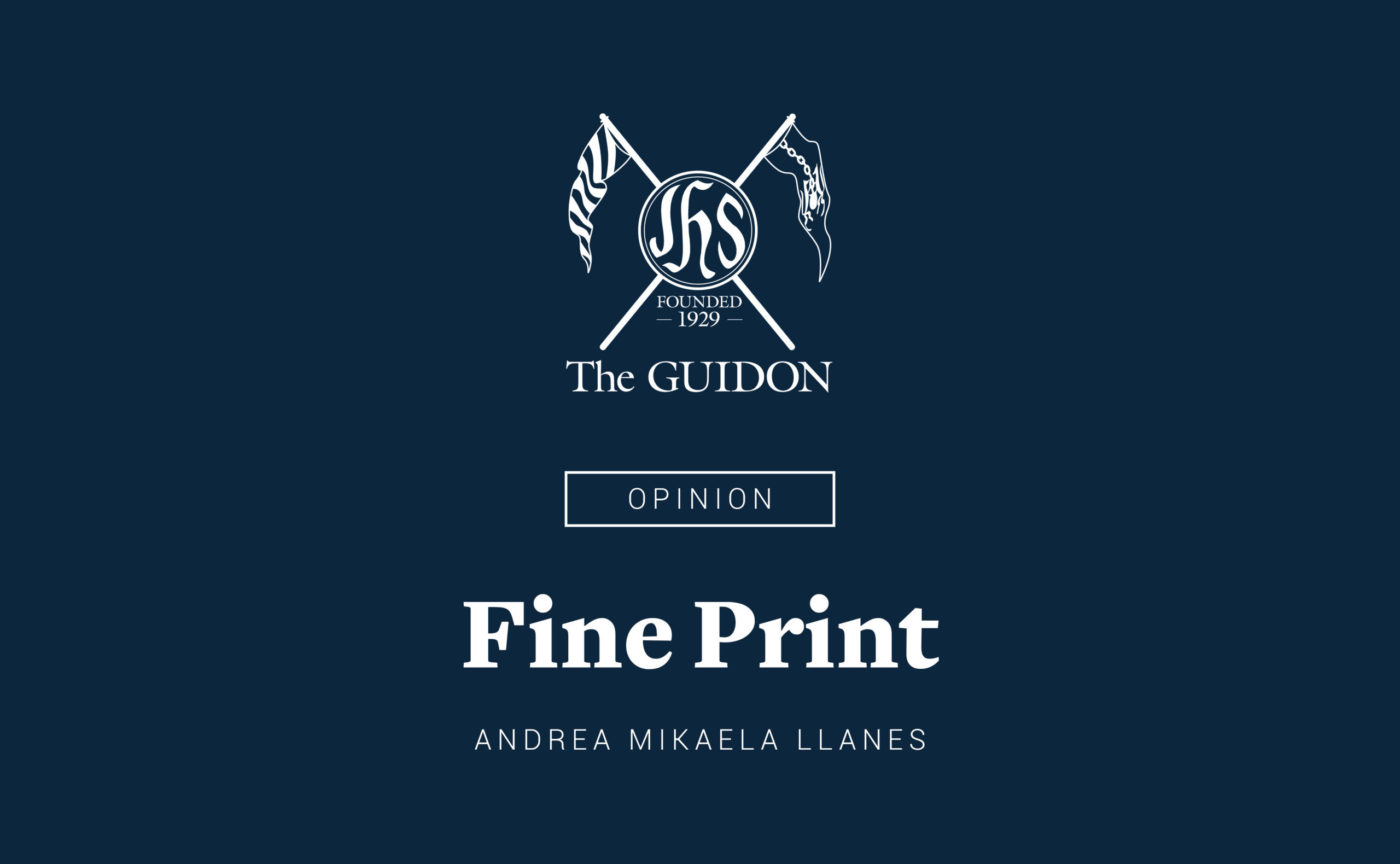Trigger warning: This piece contains mentions of sexual assault.
WHEN THE sexual assault allegations surrounding Ansel Elgort broke on Twitter, I was in the middle of re-watching his film Baby Driver (2017).
I couldn’t bring myself to pause the movie even as I scrolled through my timeline to read more about the claims. Instead, I waited for the credits to roll and only then did I allow myself to feel the full force of my frustration.
It feels selfish to admit that my initial reaction was disappointment—I’d been a fan of Ansel since 2014, after all—but as I went through the various reactions to the news, I found some didn’t sit quite well with me. Statements like “We were rooting for you,” or “We can’t have one good [celebrity]” didn’t feel like the right things to say, even if I shared a semblance of the sentiment.
Online shaming or “cancel culture” claims that boycotting is a way to express dissent or displeasure over a person’s questionable manners. Personally, I believe the art can never be separated from the artist, so I can get behind boycotting. However, we rarely seem to consider and evaluate the emotional quotient of these decisions.
Let’s consider J.K. Rowling, author of the Harry Potter series. Recently, Rowling faced accusations of transphobia because of statements she’d made online. As someone part of the LGBTQ+ community, I could no longer watch or read anything from the franchise in good conscience knowing Rowling’s views on my trans friends.
For both Ansel and Rowling, I felt guilt, anger, and distress even if their actions had no direct effect on me. At some points, I found myself asking: Are these feelings valid? Does my personal turmoil discredit the gravity of the allegations at hand, or am I allowed to have these conflicted emotions?
In hindsight, much of it boils down to how we view these notable personalities. Because of our admiration, we end up putting them on a pedestal where we hold them to a certain standard; a standard we oftentimes put to those within our immediate circles. It’s human nature to be upset when someone whether they’re a close friend or a celebrity acts against our personal principles or ethics.
There’s a lot of disillusionment in trying to make peace with the mistakes of celebrities. Shattering the illusion of a celebrity’s “perfection” is a conscious, forceful effort, but it’s necessary.
Voicing out one’s personal disappointment and supporting survivors of sexual harassment are not mutually exclusive. There is always room for both as long as we don’t let our emotions cloud the narratives of the survivors themselves.
As we grapple with the complexity of wording out our emotions, sometimes our choices can speak volumes in itself. Never watching a sex offender’s film ever again or refusing to revisit a transphobe’s books are baby steps but steps in the right direction nonetheless. It’s the most that we can do with the art of monstrous men.







